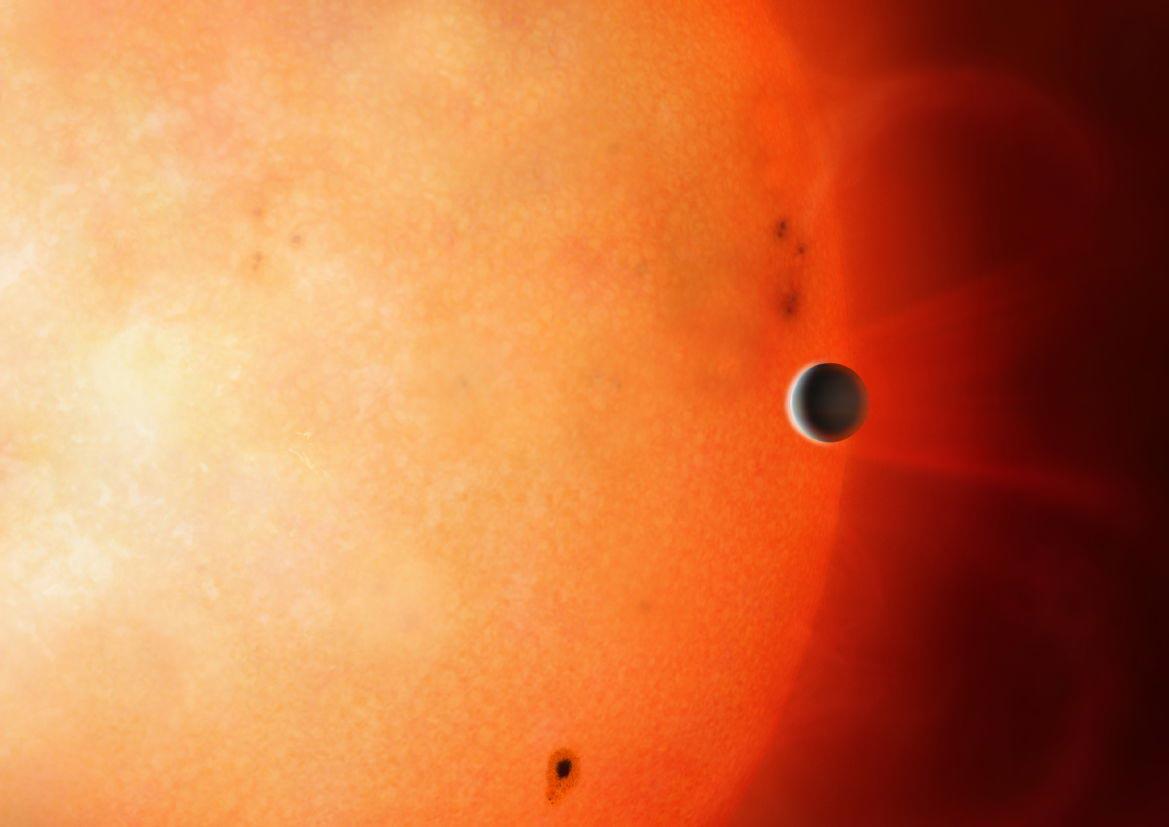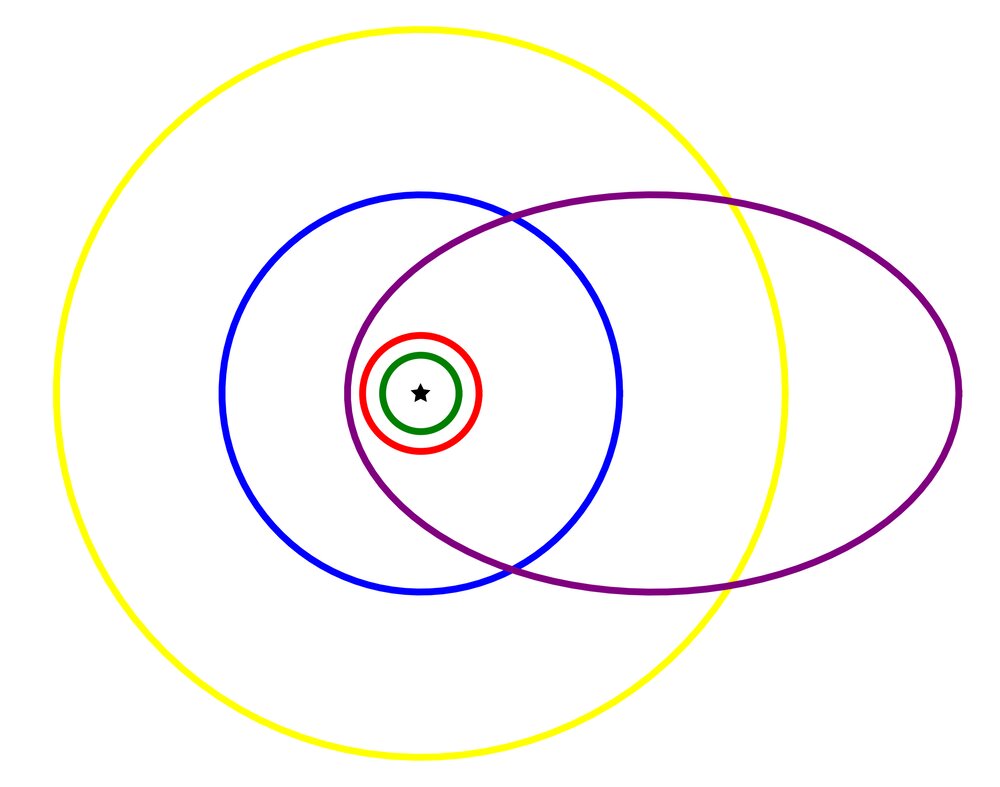An international team of astronomers has announced the discovery of a previously unknown gas giant orbiting relatively close to the Sun star HD 83443. The exoplanet has an abnormally elongated orbit, indicating chaotic events in its past.
Star System HD 83443
HD 83443 is an orange dwarf located 134 light-years from the Sun. In 2000, astronomers discovered that it has at least one companion: a gas giant which orbit passes at a very short distance from the surface of the star (astronomers call such bodies hot Jupiters). This object received the designation HD 83443 b.

In a recent study, an international team of astronomers analyzed data on changes in the radial velocity of HD 83443 collected over the past two decades by various ground-based observatories. They showed that there is another gas giant in this system, whose mass is 1.3 times that of Jupiter. It received the designation HD 83443 с.
Extreme orbit of an exoplanet
The newly discovered exoplanet attracted the attention of astronomers with its orbit. It has a very large eccentricity equal to 0.76 and makes one orbit around its star in 22 years. If HD 83443 c were located in our Solar System, then in the pericenter it would reach the orbit of Mars, and in the apocenter it would move further away from Saturn.

Since newborn exoplanets have orbits close to circular, such an unusual orbit indicates turbulent events in the past of this system. According to the researchers, initially HD 83443 b and HD 83443 c were formed at a much greater distance from the star. Then, due to the accumulated instabilities caused by their gravitational interaction, HD 83443 b moved to an extremely close orbit to the star, while HD 83443 c, on the contrary, moved to a very elongated orbit.
You can also read our article about what you can hear on other planets of the Solar System.
According to https://phys.org
Follow us on Twitter to get the most interesting space news in time
https://twitter.com/ust_magazine
